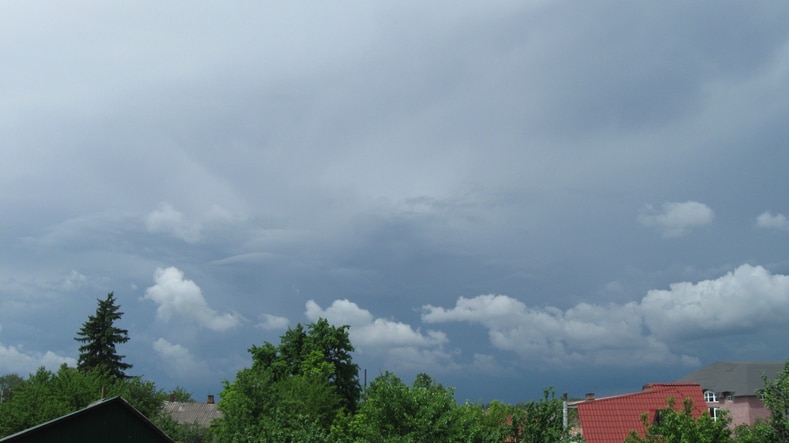Source: CNBC —
Global warming has already caused irreversible damage to the earth’s ecosystems and communities, according to a critical report just issued from the United Nations Intergovernmental Panel on Climate Change.
The damage is extending to the U.S. housing market, which just saw unprecedented snow and flooding in California, as well as unusual winter tornados in the south. All that came after one of the worst hurricanes on record in Florida last year.
These changes have profound implications for the nation’s nearly $12 trillion mortgage market.
Hurricane winds are getting stronger, common storms are getting wetter, wildfires are spreading faster —and millions of U.S. homes sit in the path of all of it. But the housing market currently doesn’t price that climate risk into home values. U.S. homes exposed just to flood risk may now be overvalued by roughly $200 billion, according to research recently published in the journal Nature Climate Change.
Fannie Mae, which backs more than 40% of all residential mortgages, could face much of that risk. The mortgage giant’s chief climate officer, Tim Judge, says mortgage underwriting does not currently account for climate risk. So he is mounting a major effort — really a defense — to figure out the exact climate risk to Fannie Mae’s balance sheet, so that it can ultimately incorporate that risk into mortgage underwriting.
“I think there’s still more that we have to do, and I think we just don’t have the analytics yet to do it,” said Judge.















